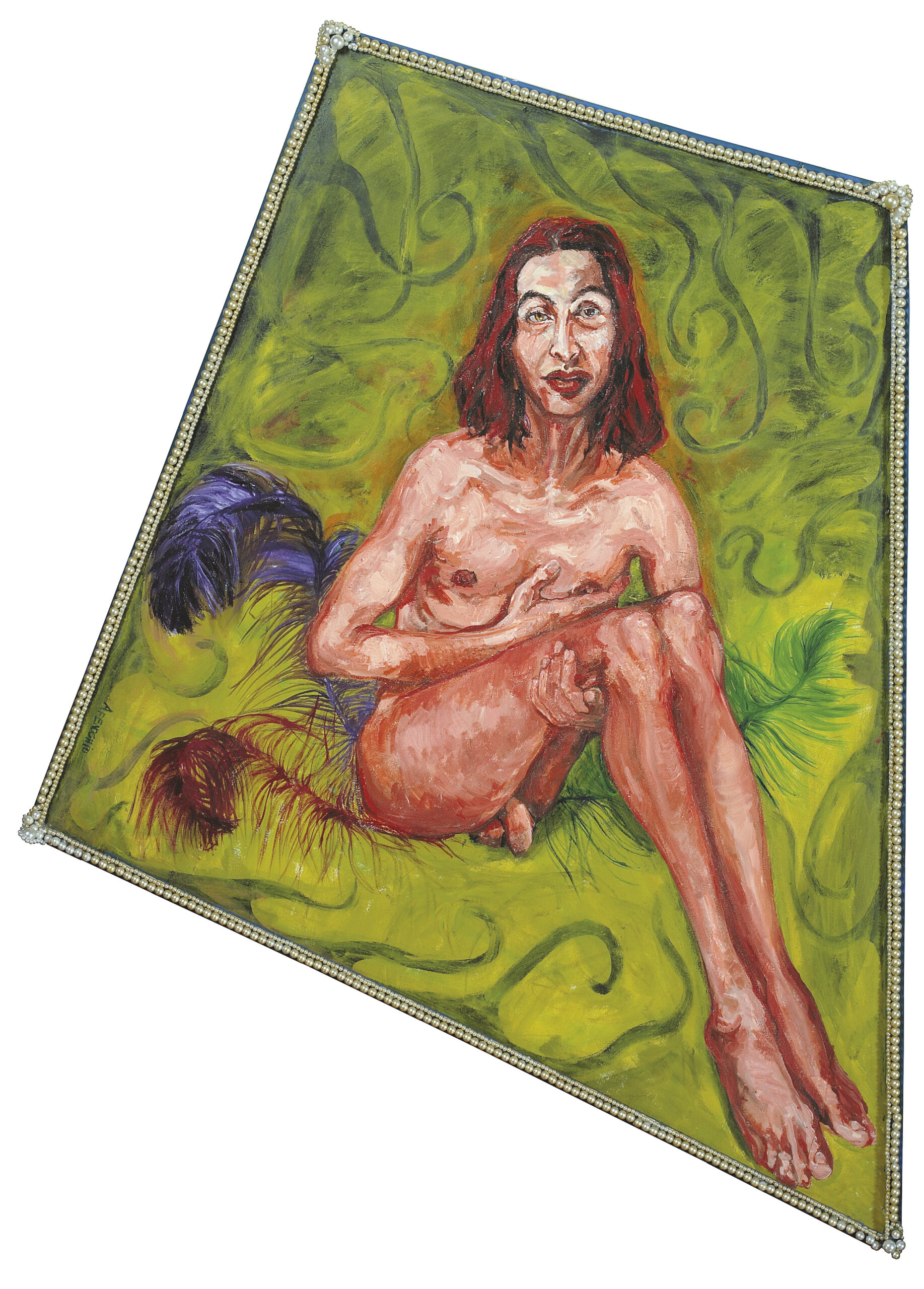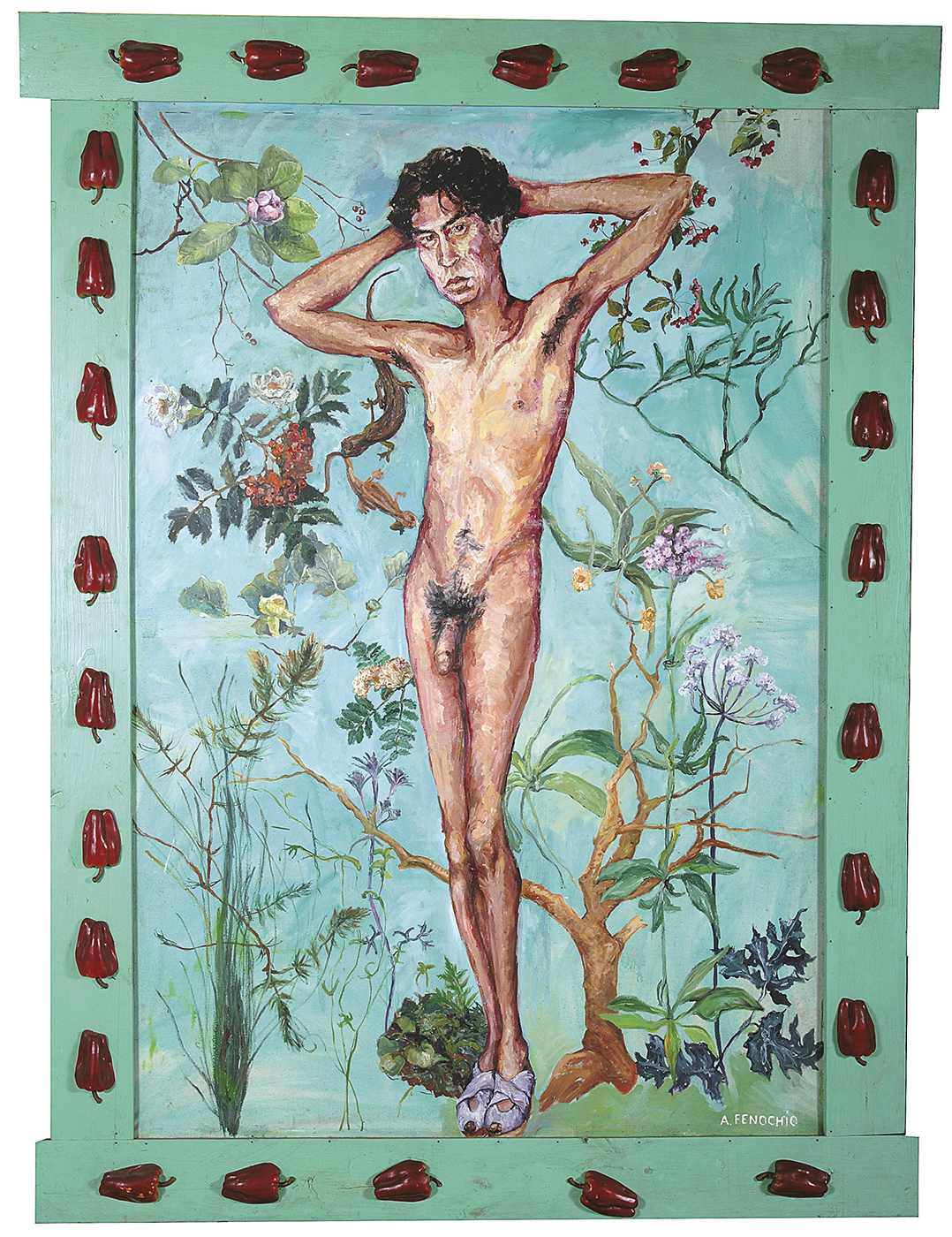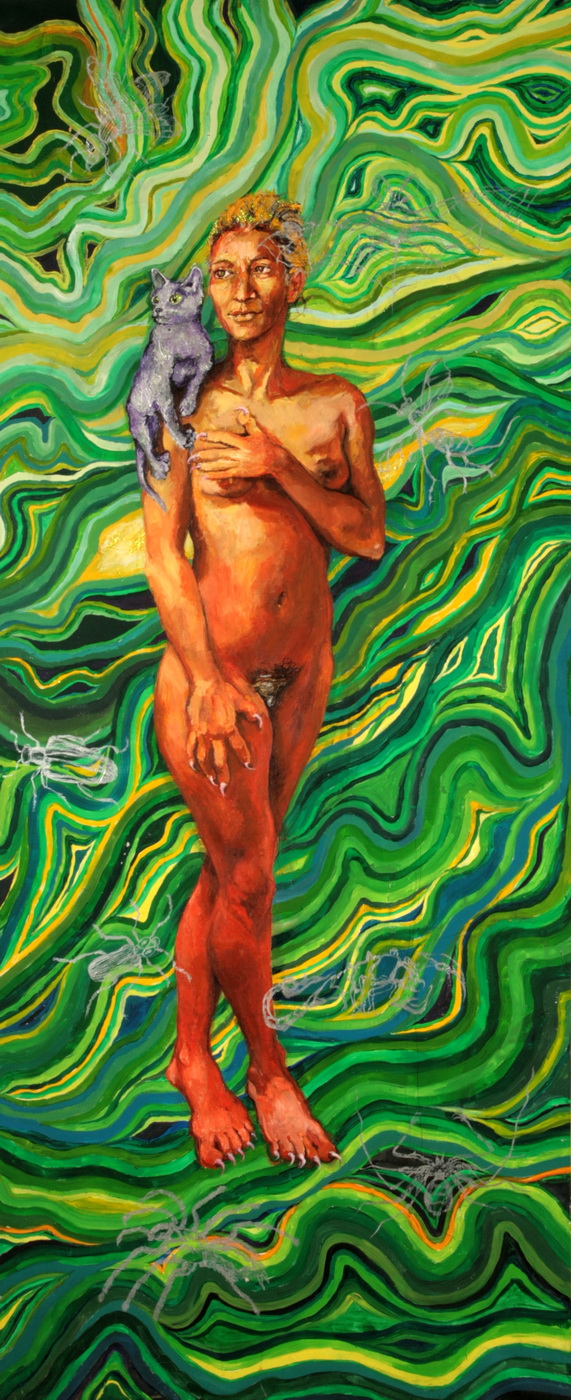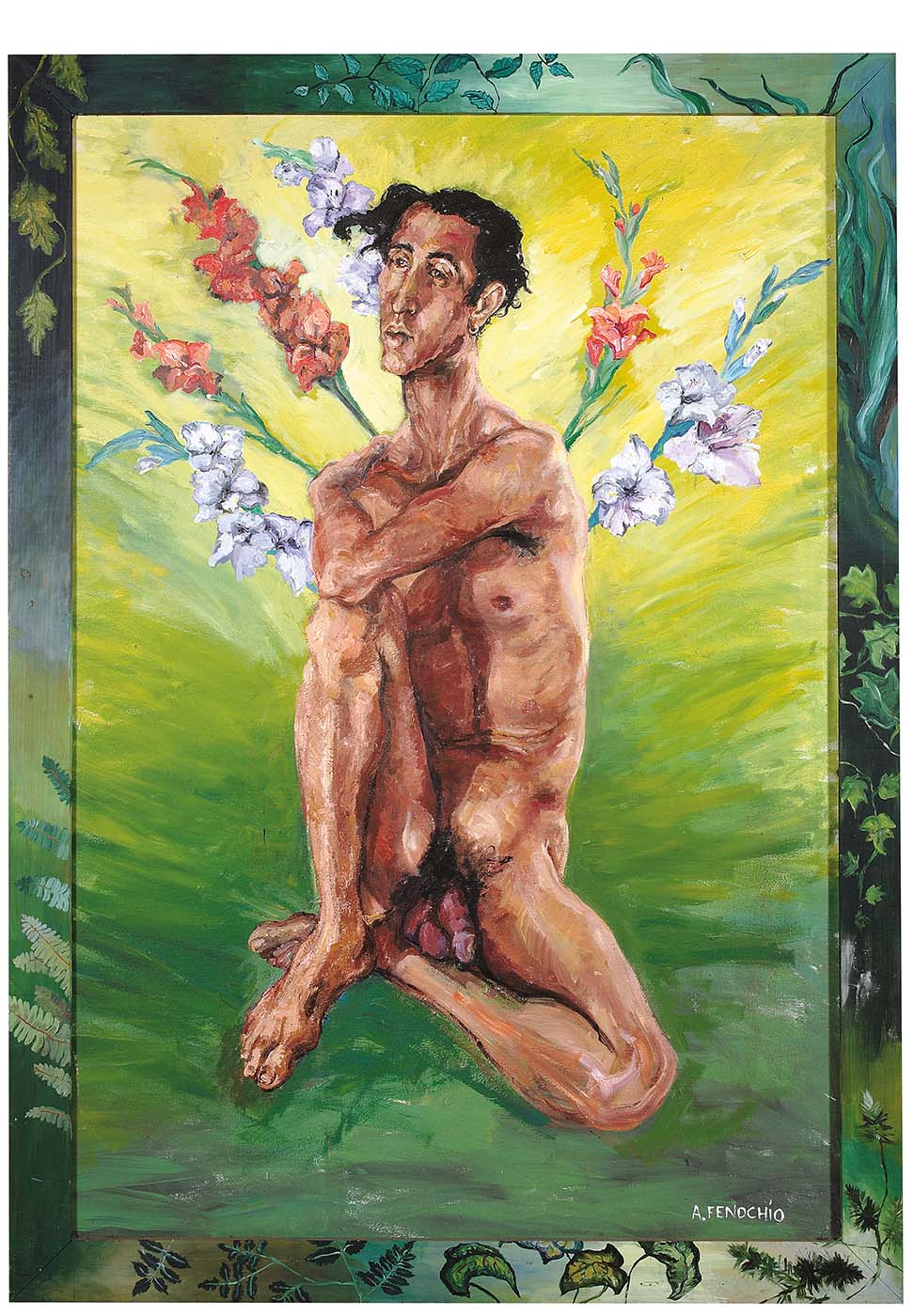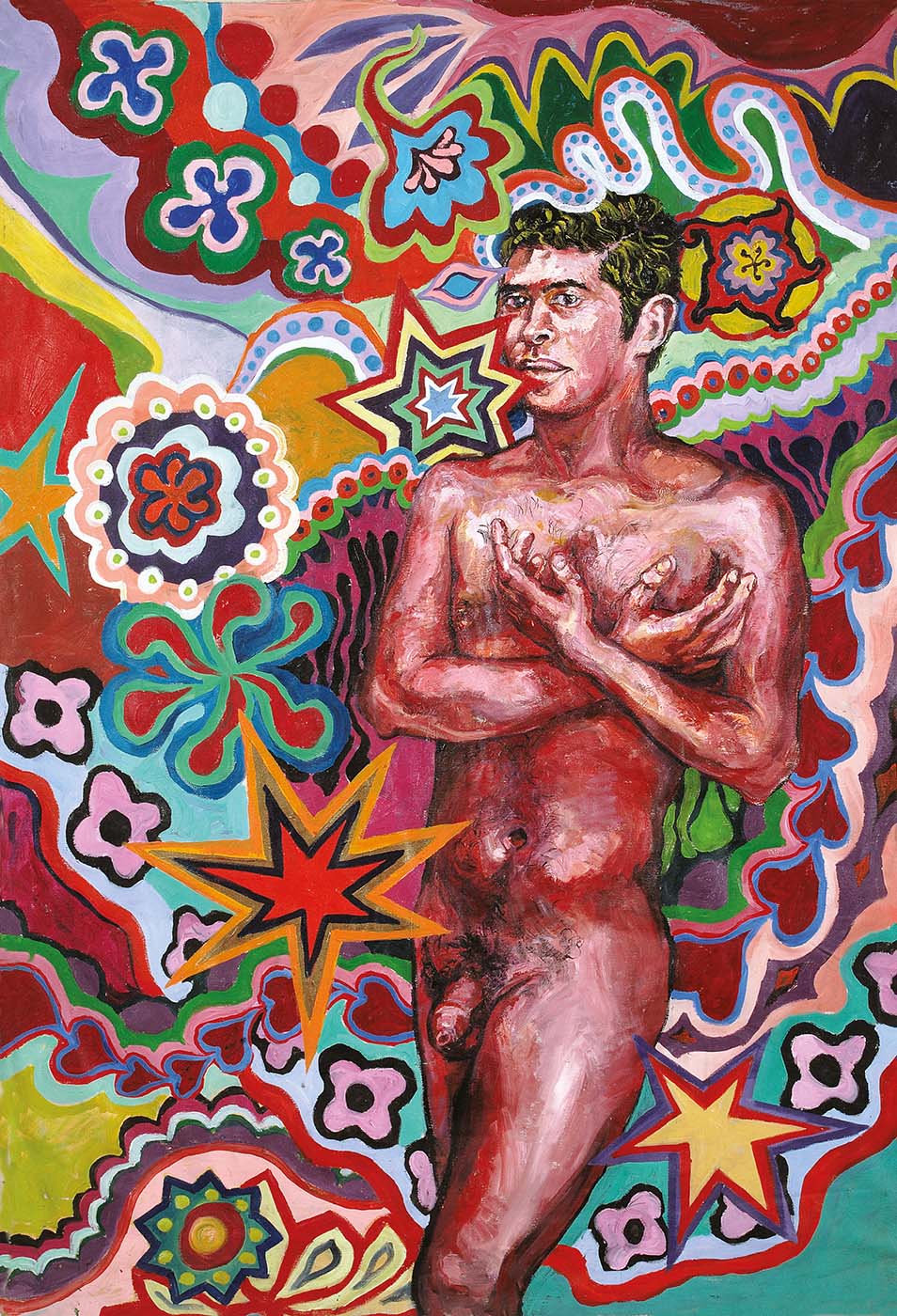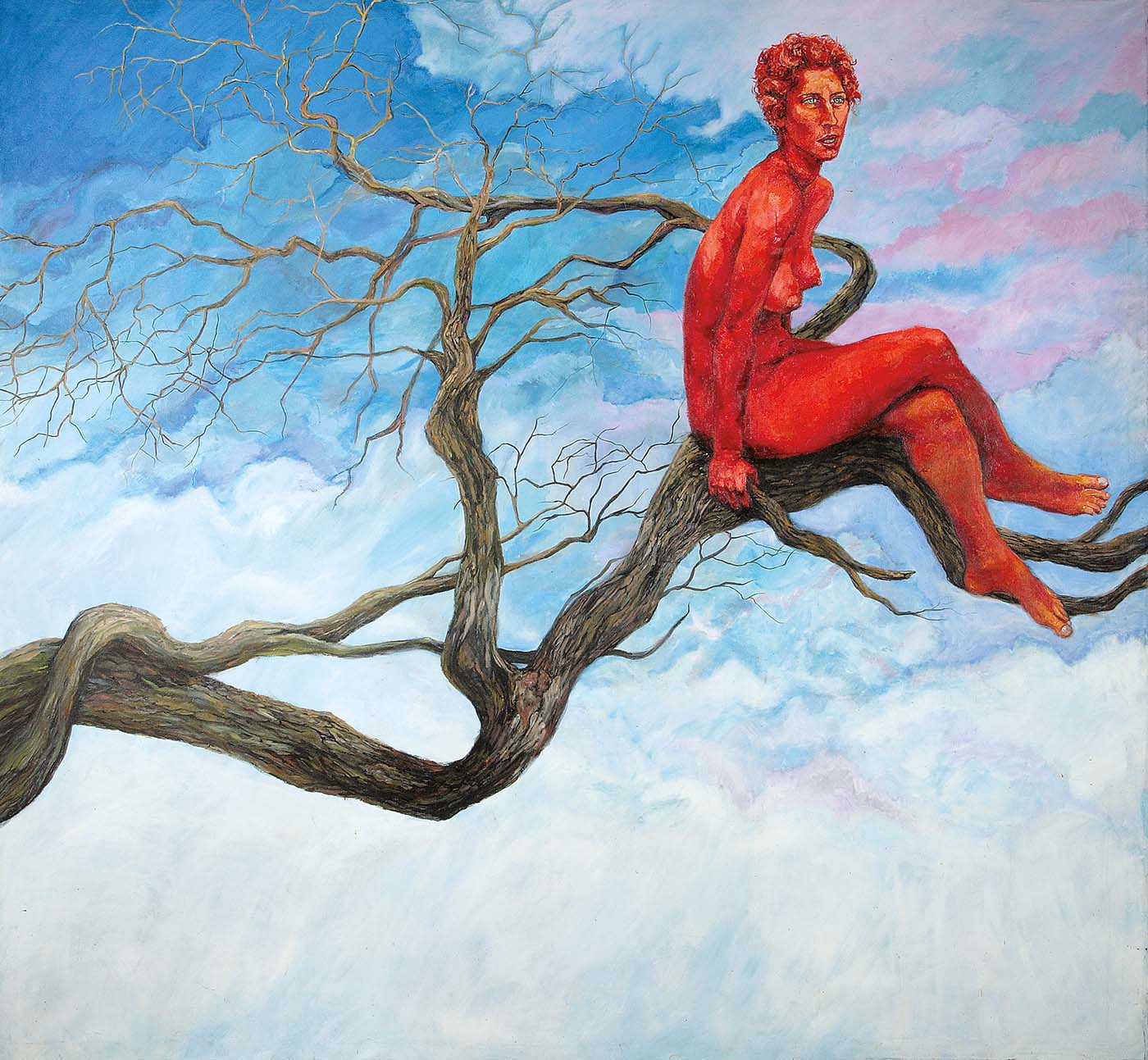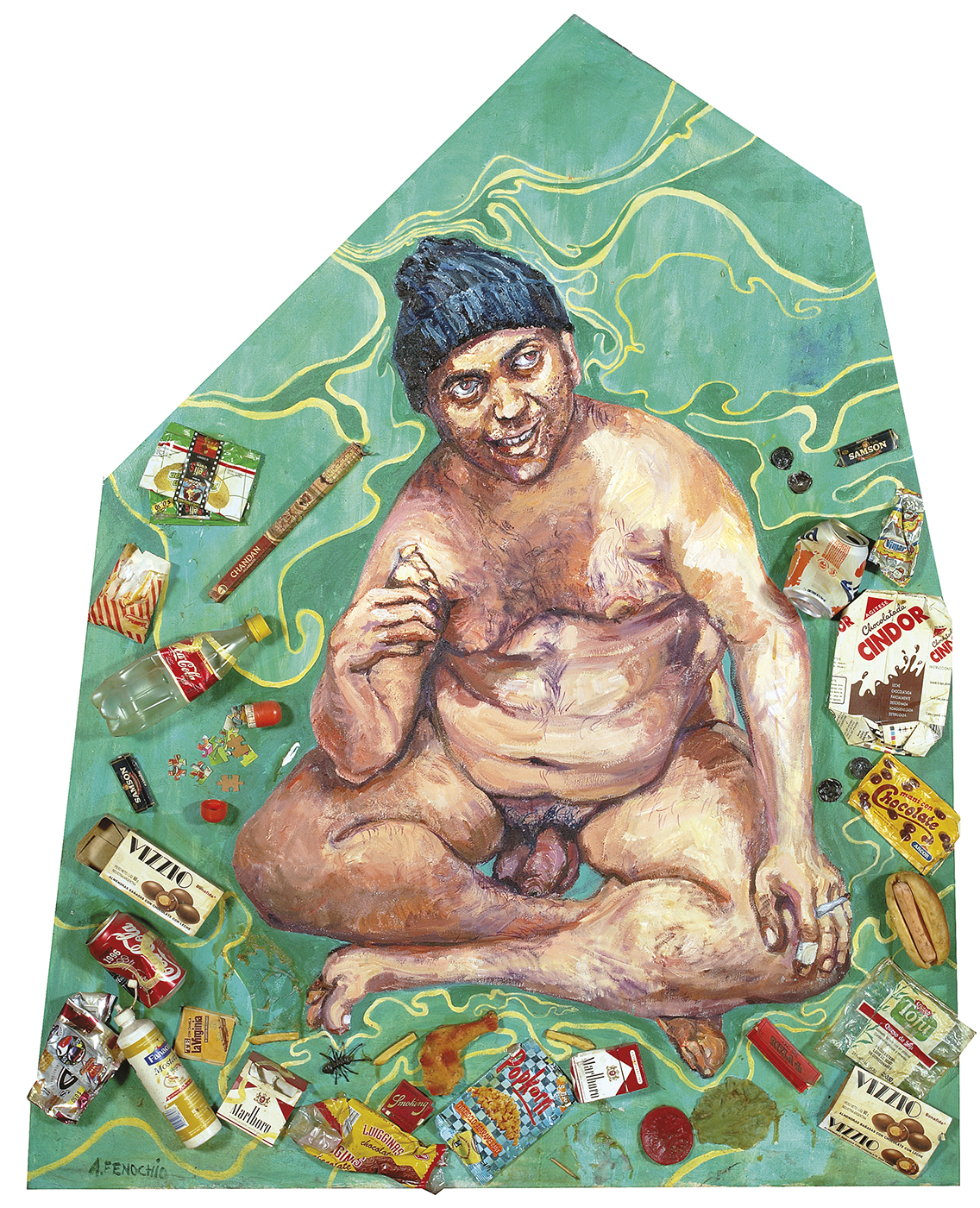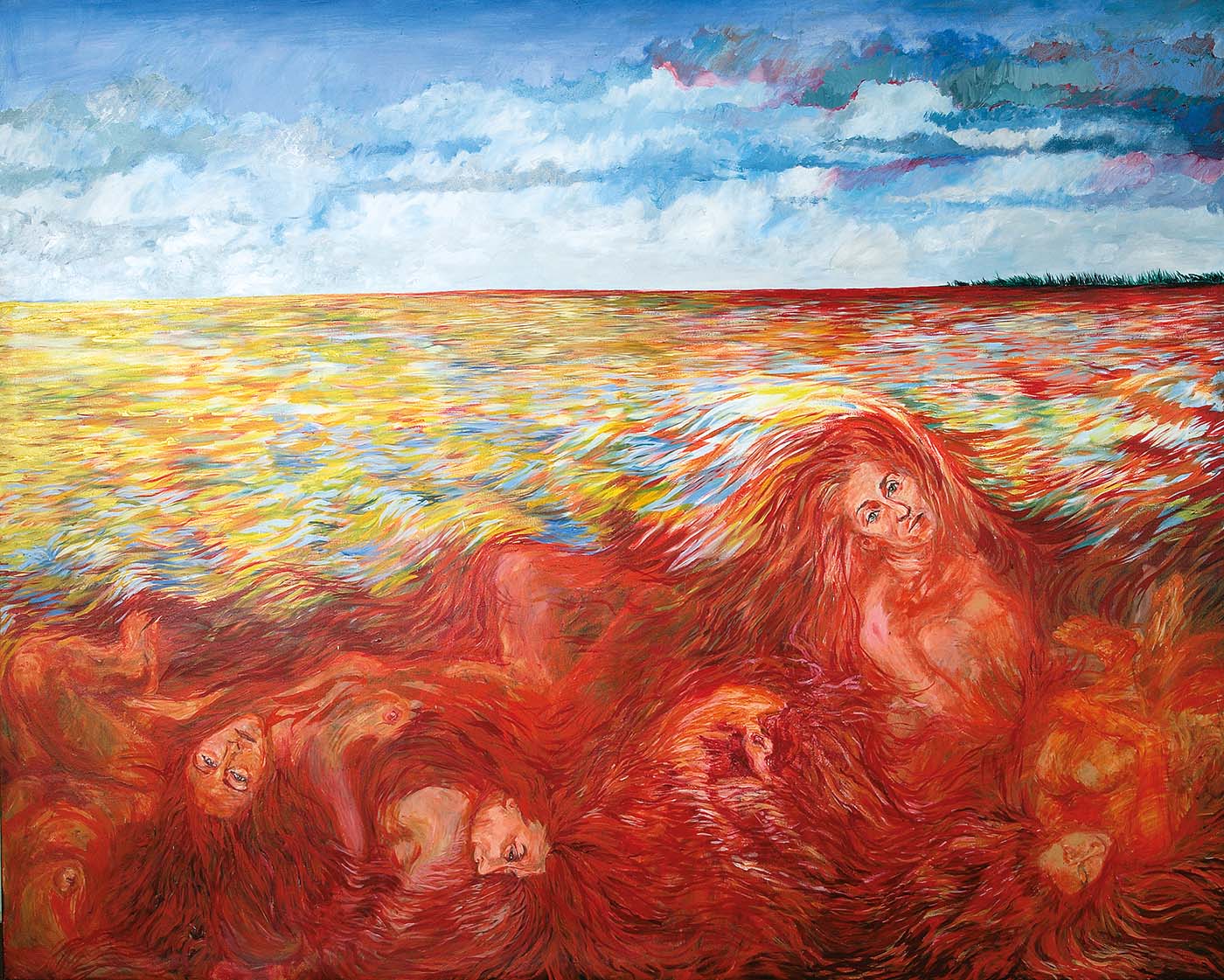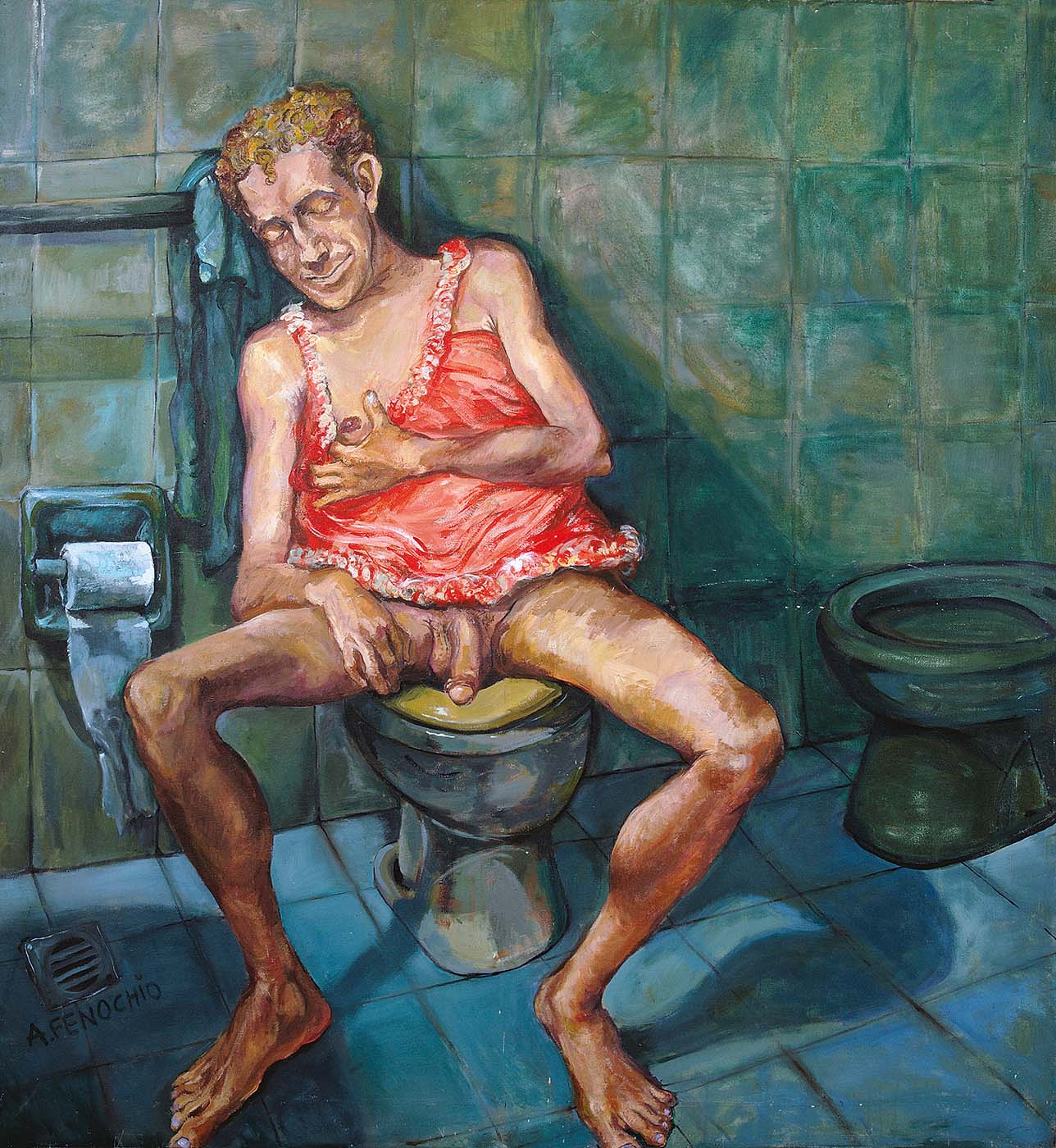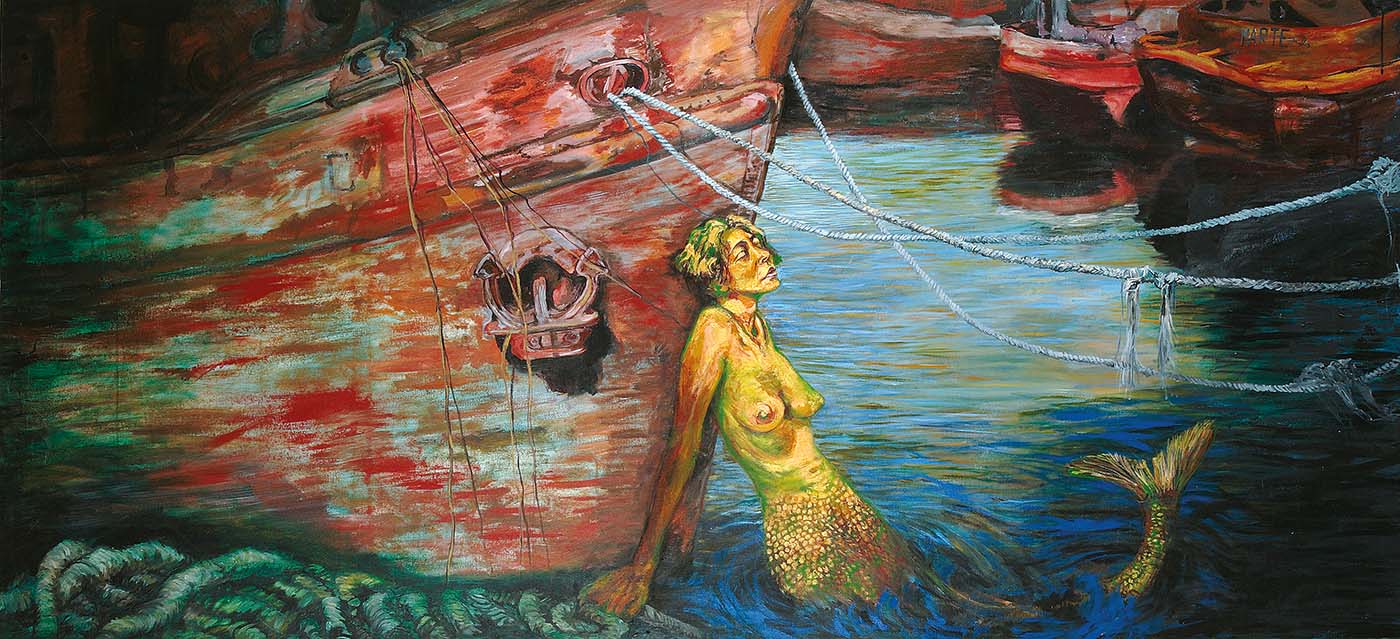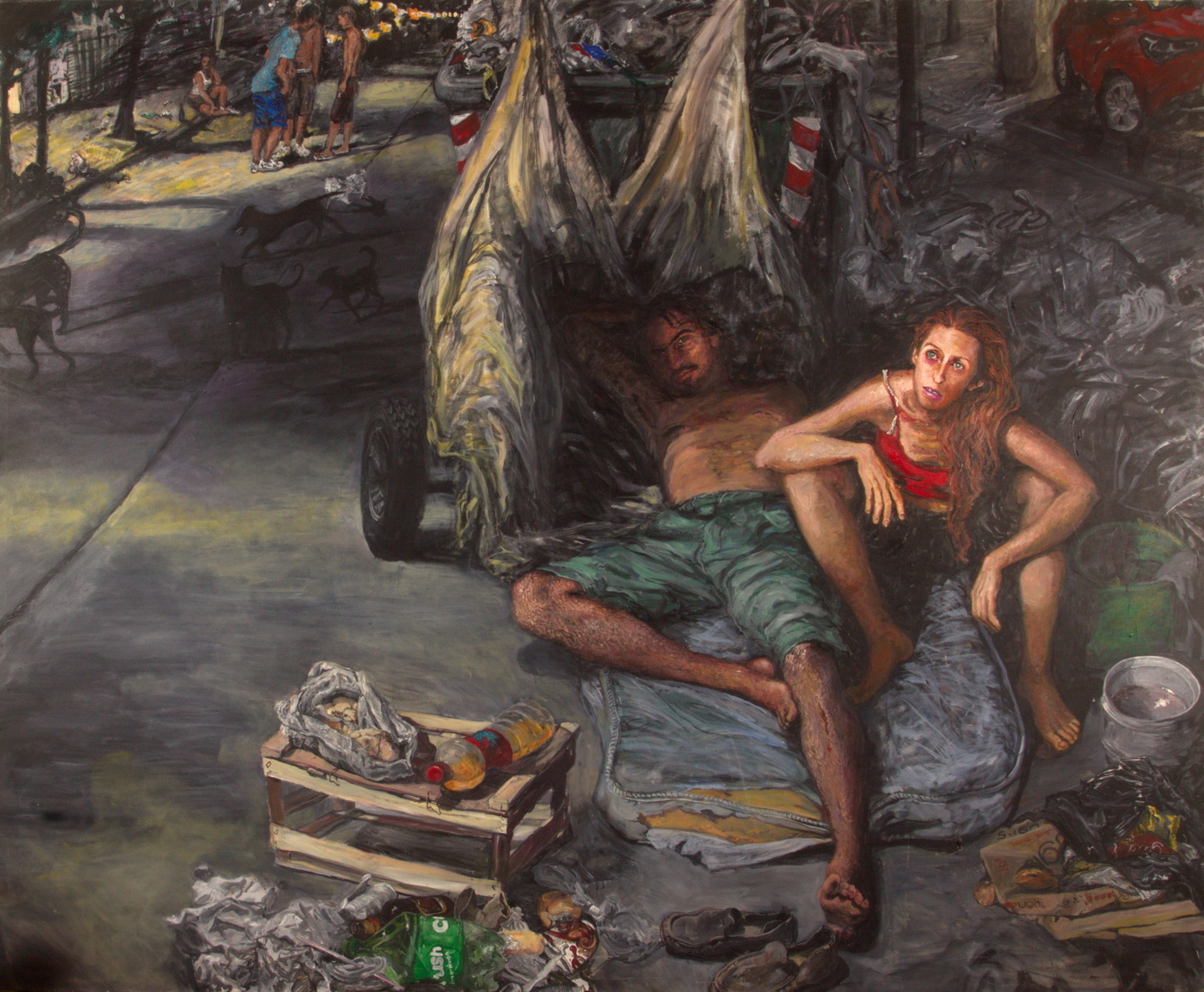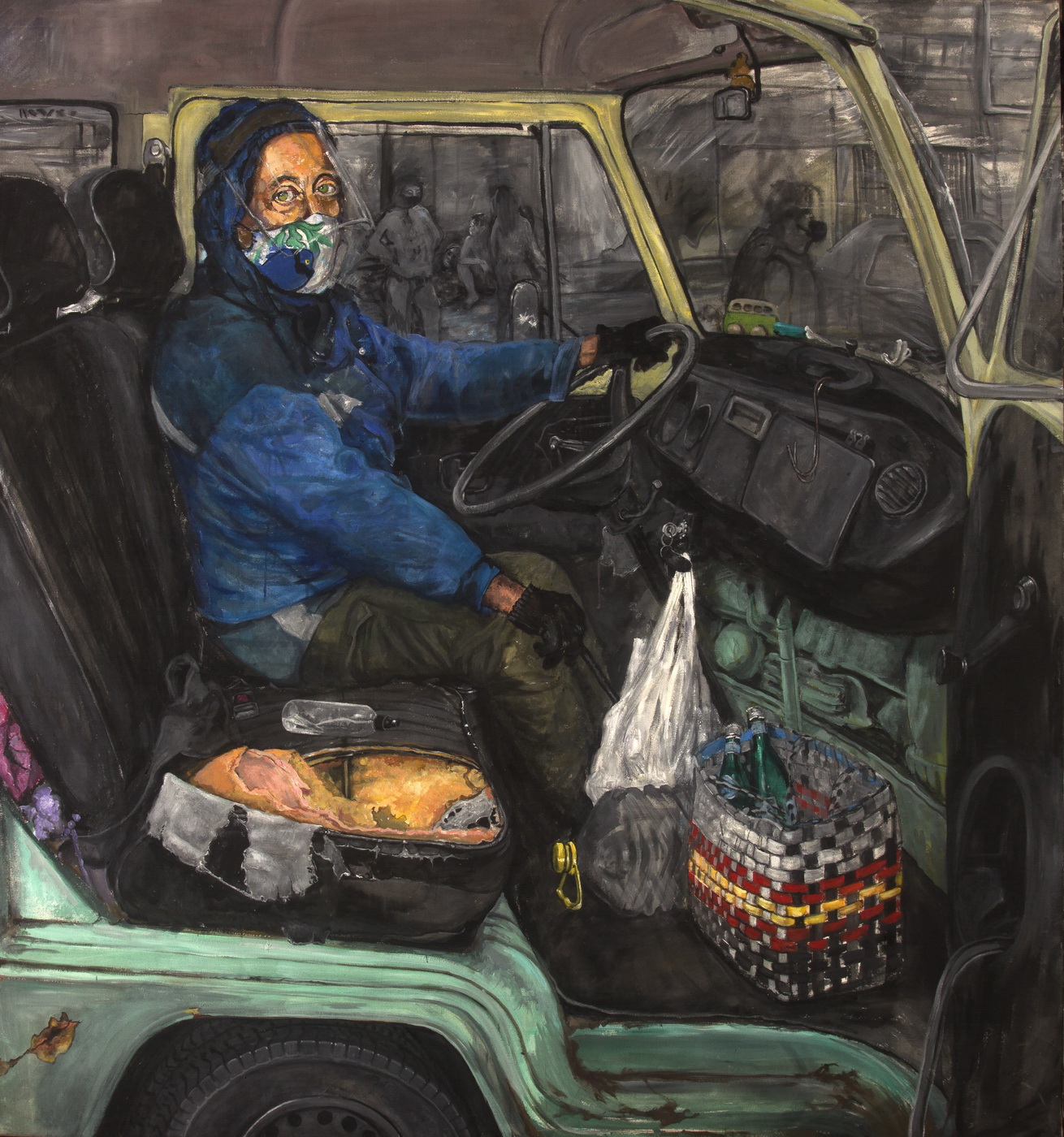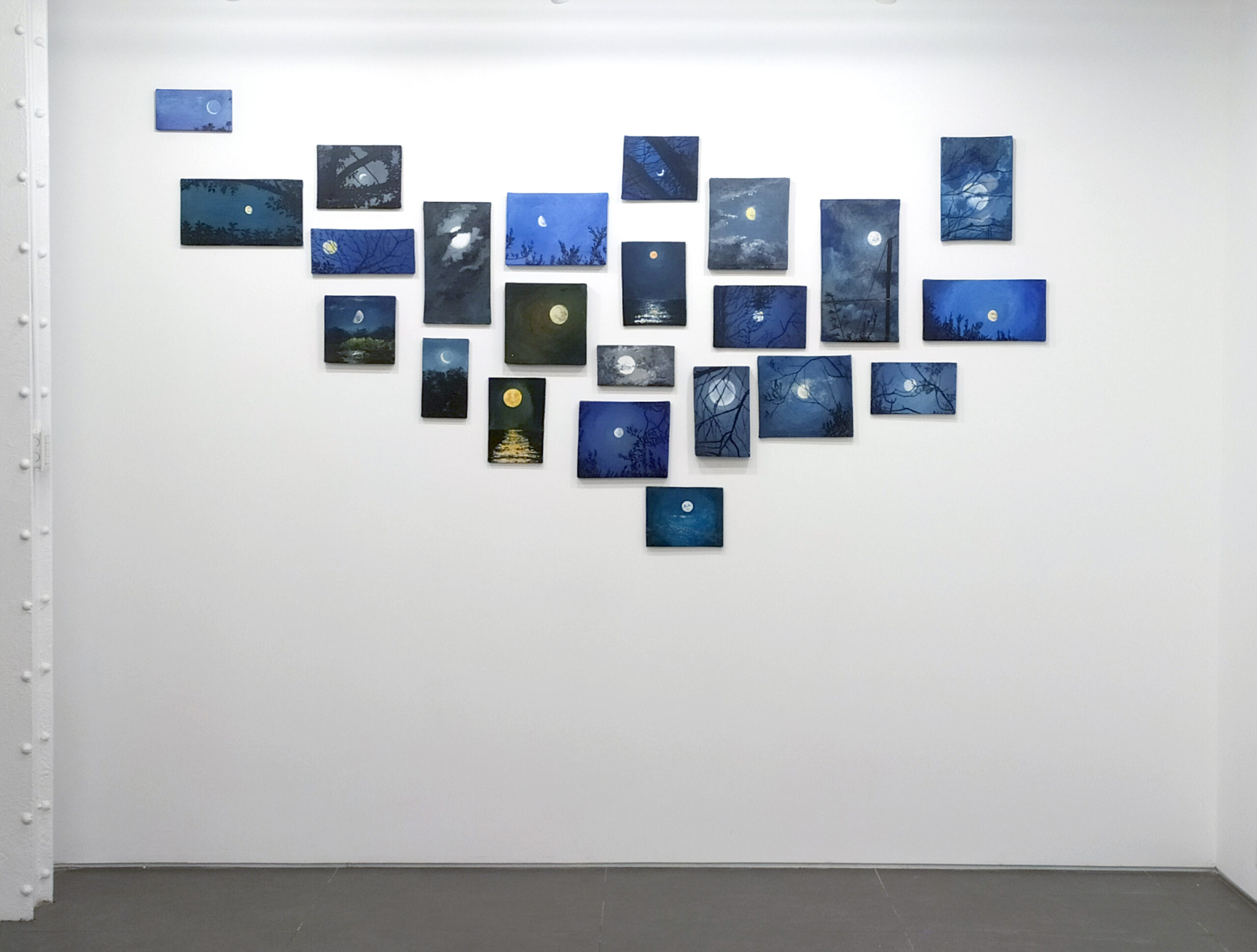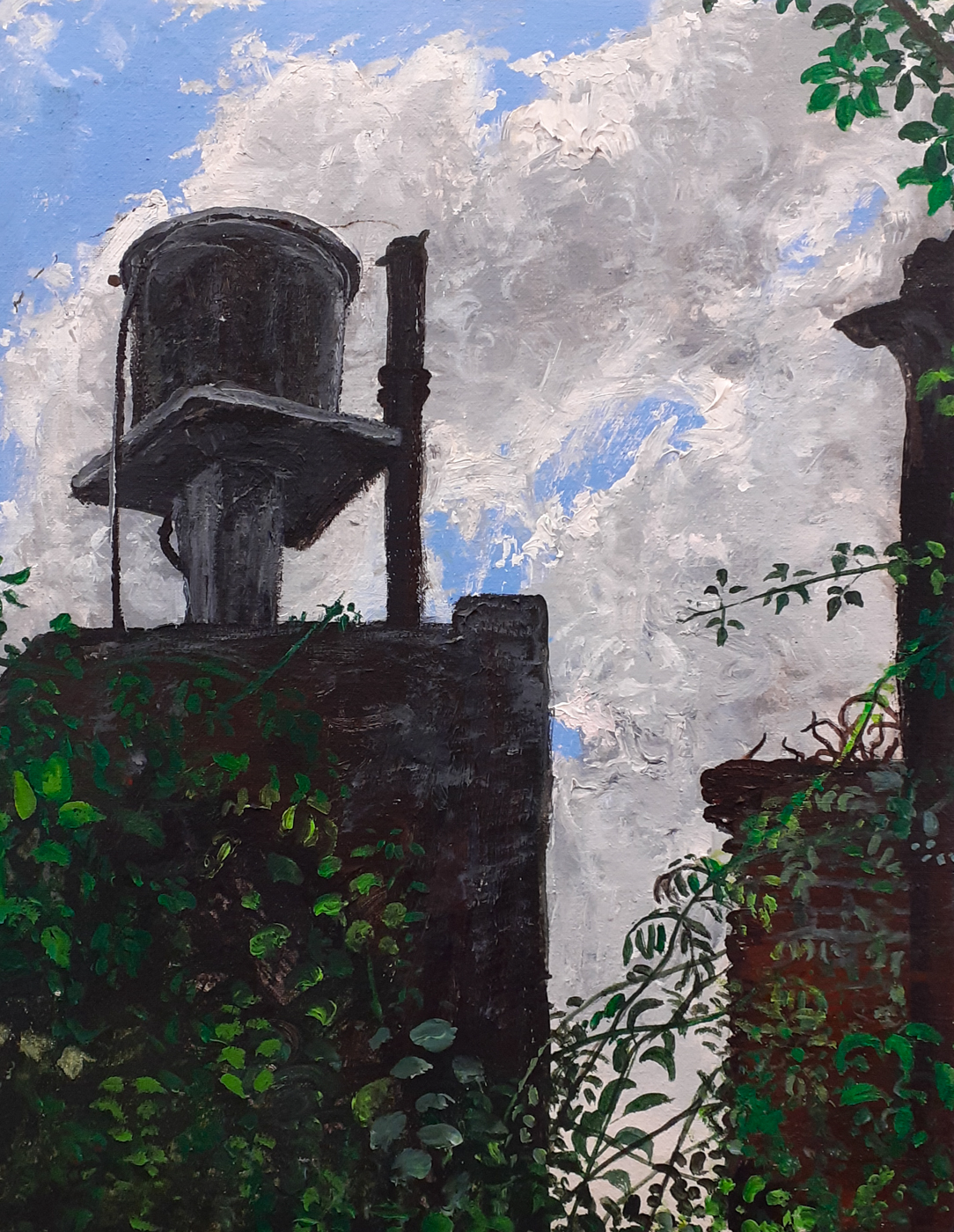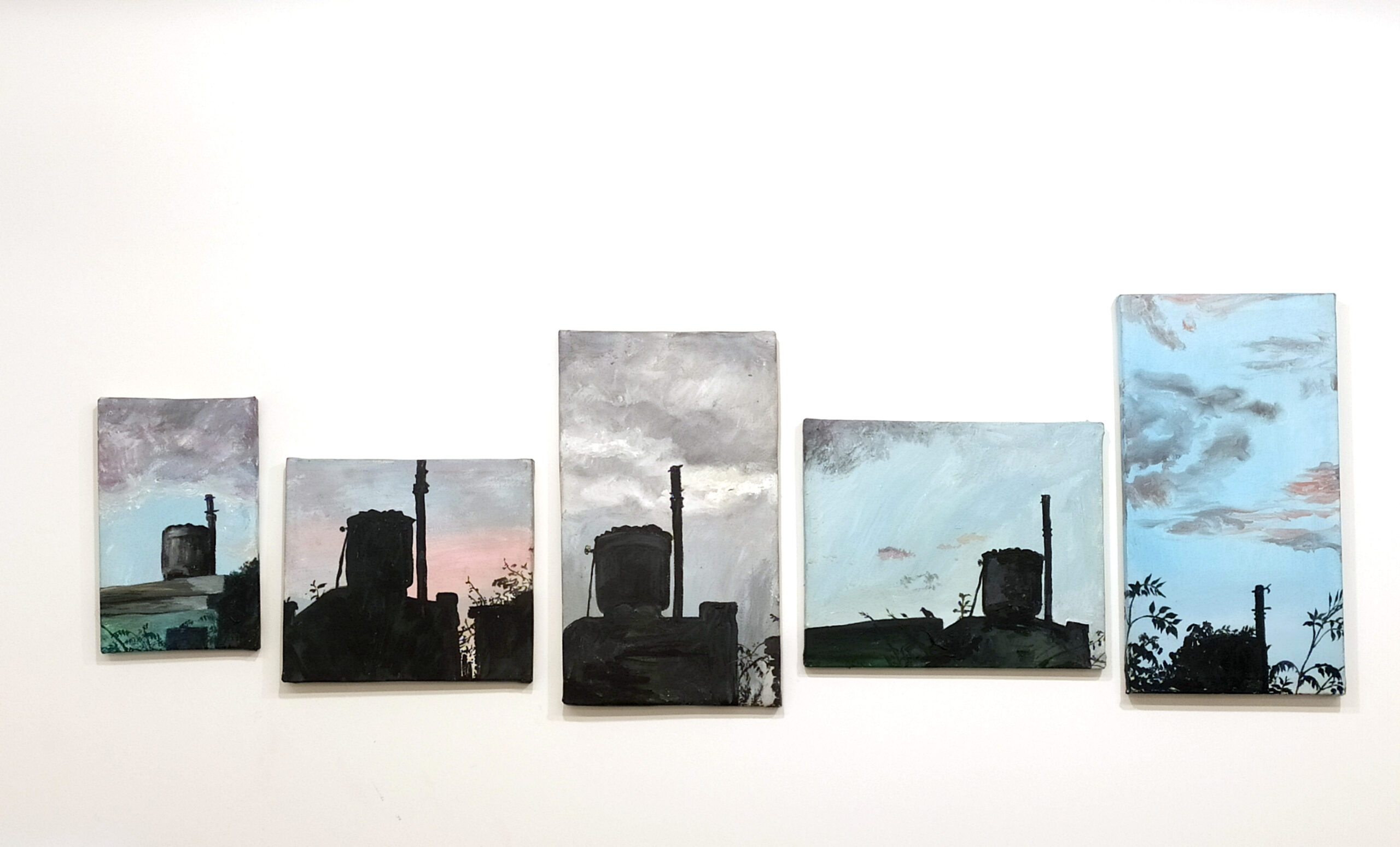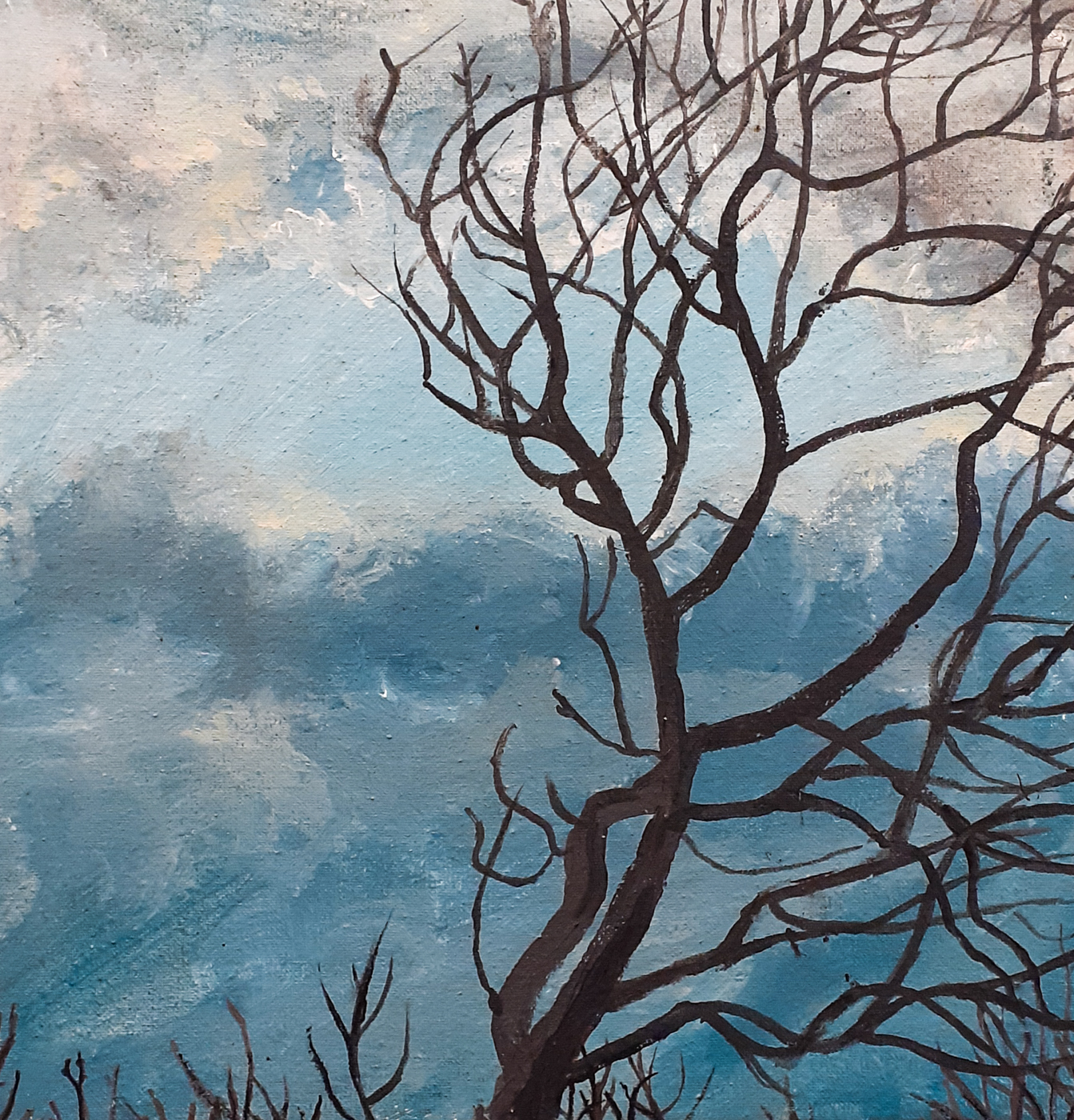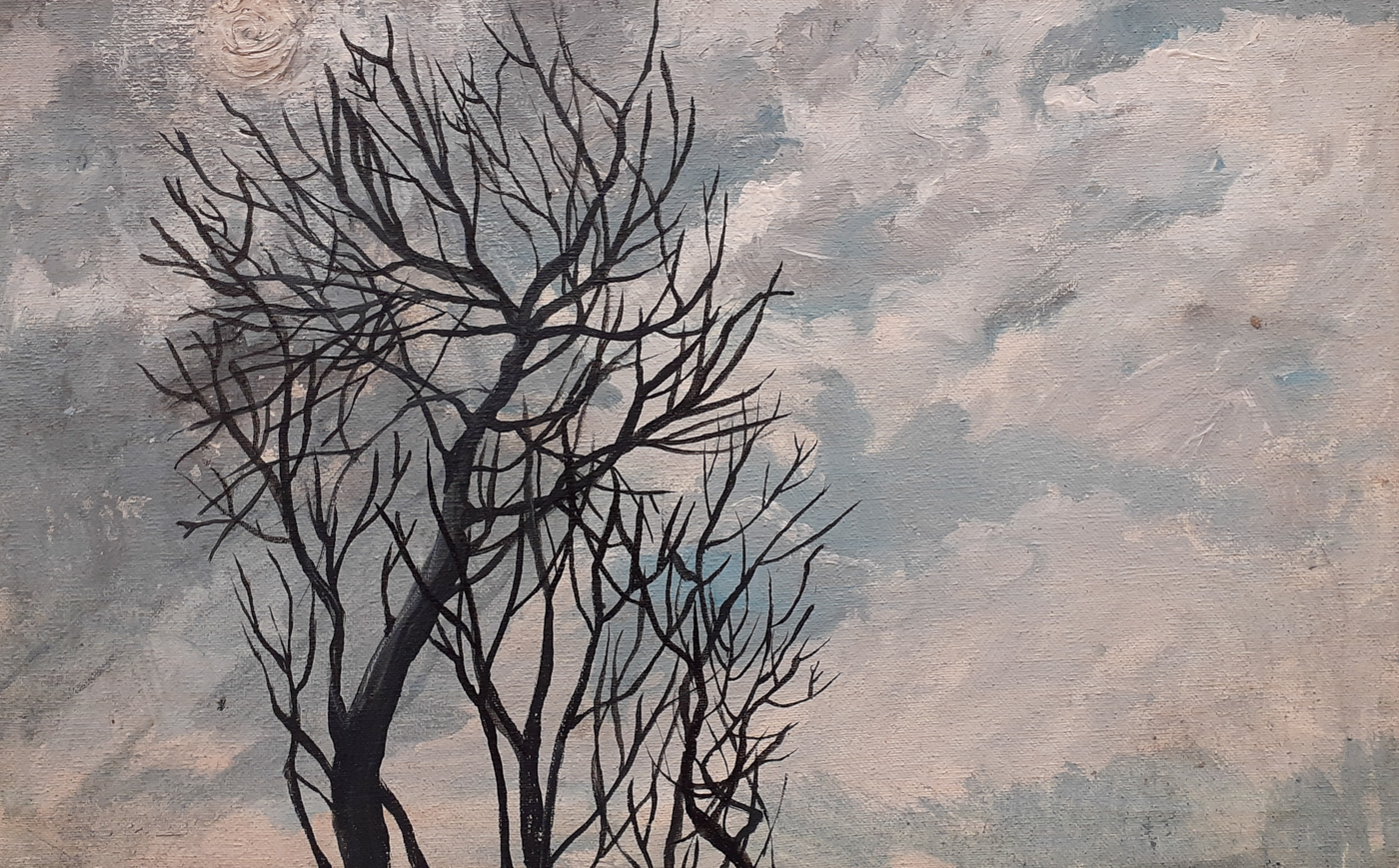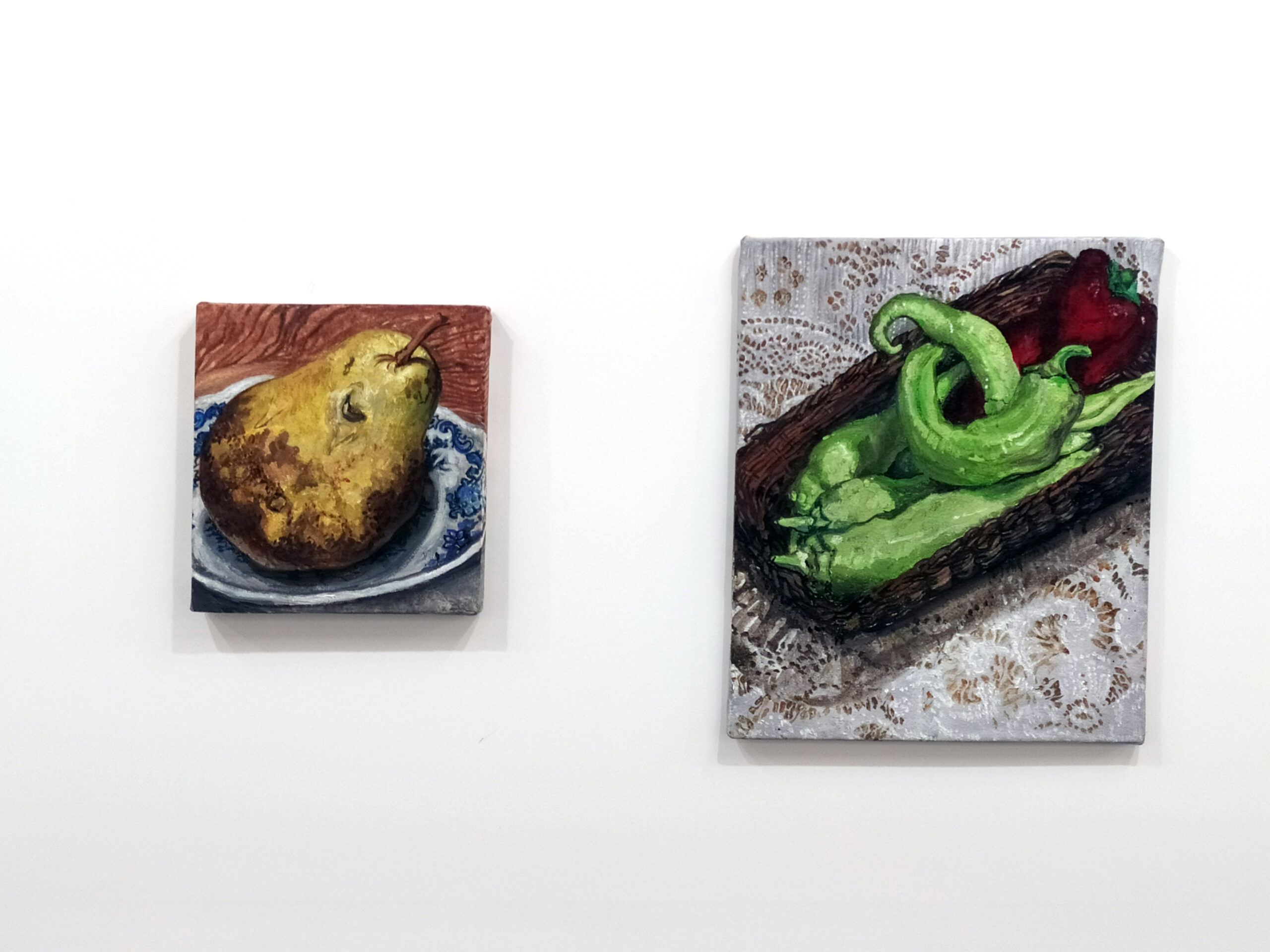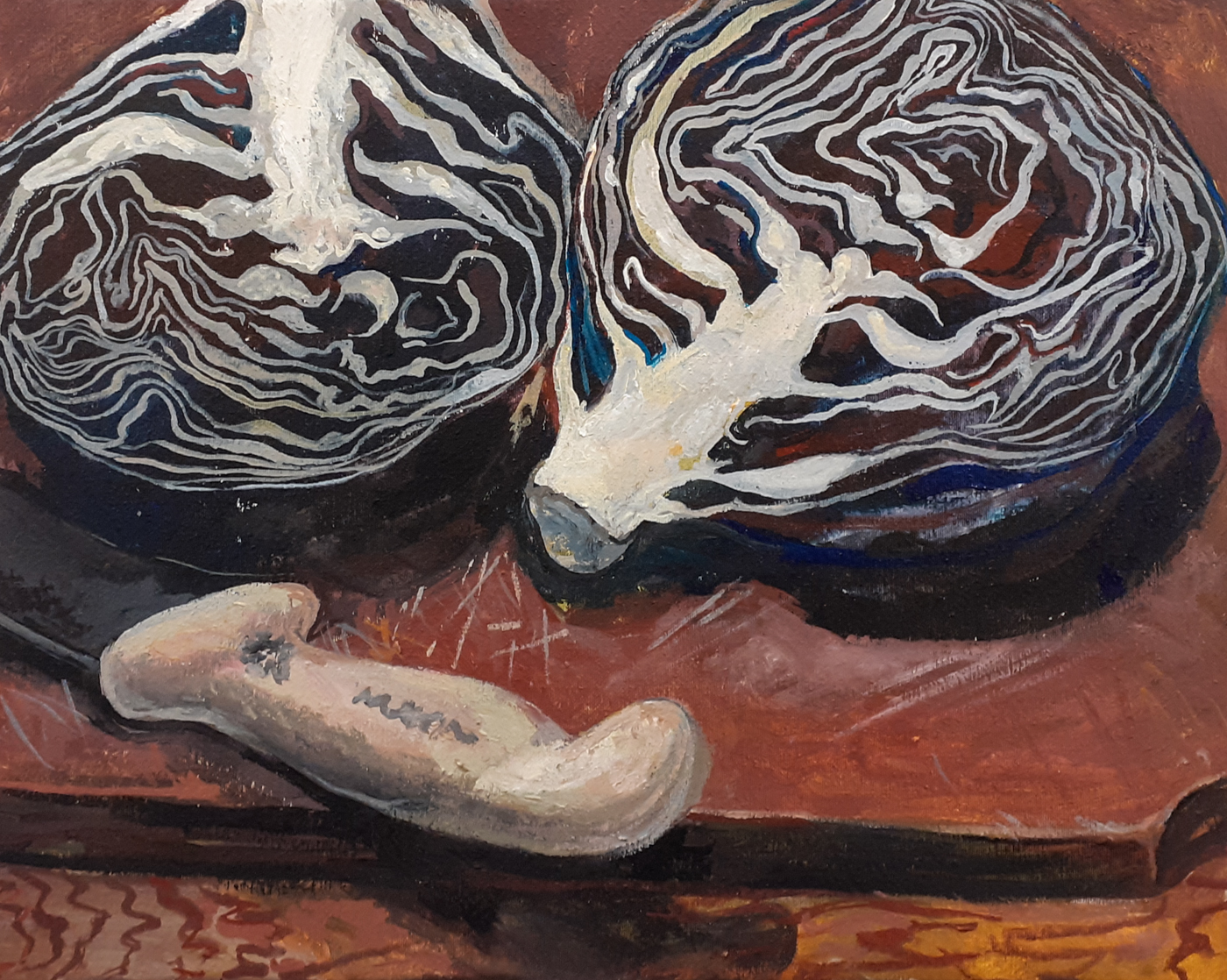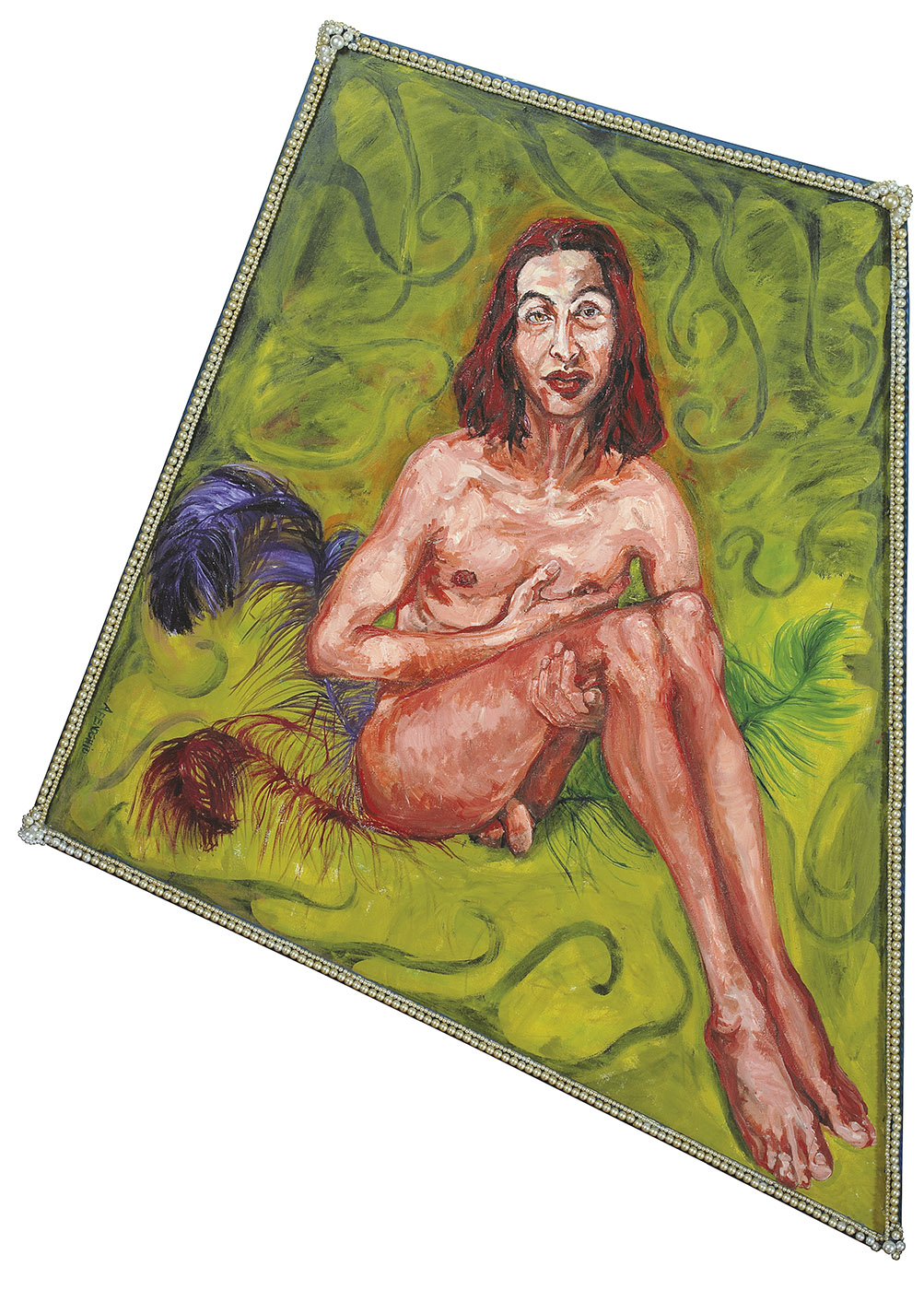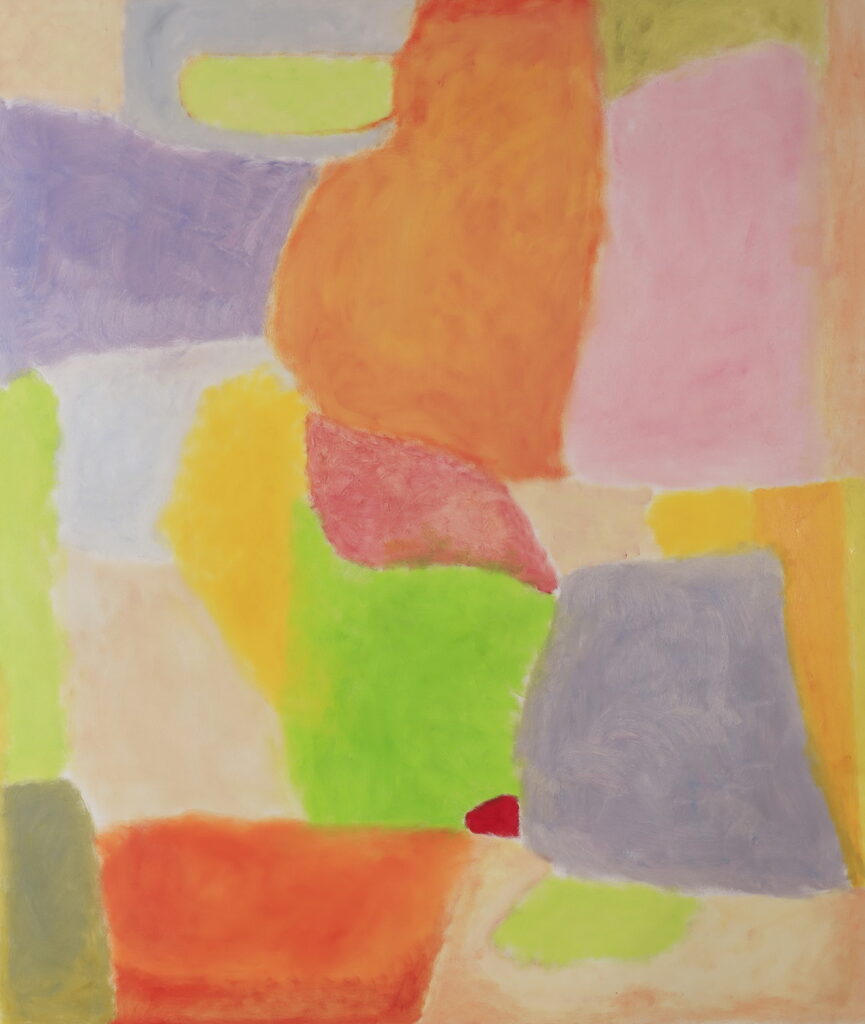about
Alejandra Fenochio (Buenos Aires, 1962) has lived in the working class neighborhood of La Boca for thirty years where she is deeply involved in community activism. She studied painting with Luis Felipe “Yuyo” Noé and shared with León Ferrari and the Etcétera Group the faith in the social dimension of art.
In the 80’s and 90’s she actively participated in the Buenos Aires cultural underground scene, frequenting the places where, in art and nightlife, post-dictatorship life was reinvented. At that time she painted nude portraits of friends: actresses, dancers, characters of the alternative scene of Buenos Aires who took refuge from a society still full of prejudices. Together, her series “Familia” (1988-1991) and “Desnudos” (1992-2001) generate a portrait of the period, while at the same time showing the intimate relationship with each of the people who pose for the work. Each painting seems to focus on the brightness of the eyes and, from there, expands to the rest of the canvas, exaggerating the proportions, so that the characters appear larger than in real life. In inviting her to participate in the exhibition Viceversa, Fundación Proa pointed out that Alejandra “militates for her love for the underground, for the rebellious, for the working class, for the ugly that hides beauty, for the dark that transfers light and, of course, for her neighborhood” (Loreto Garín). In La Boca she actively participates in her community, portraying the people who live and work there and also the skies cut by water tanks and trees, the riverbanks. These are very small scale paintings on irregular frames built by herself, works of great pictorial ductility and charm. Her work is also composed of drawings, illustrations and light sculptures with materials rescued from
the coast of the Río de La Plata.
In recent years, she has also dedicated herself to painting large canvases of very elaborate compositions, nocturnal portraits of homeless people that appear to be of crude realism. They are, however, imaginary compositions: the Buenos Aires corners that we think we recognize are in reality fictitious places built with impossible perspective systems.
Wild and sophisticated, her painting is replete with the vigor of a convinced brushstroke, the accurate handling of the atmosphere of each image and the compositional complexity of a master of the genre. Luis Felipe Noé wrote that “she paints without fear, as if laughing a little at herself, as if she were simply speaking through the painting of her world-environment with acidity and tenderness at the same time”.
In 2021 she won the First Prize for Painting at the National Visual Arts Salon. She exhibited in numerous spaces of cultural activity, among them: MUNAR, Centro Cultural Recoleta, the Palais de Glace, the MACRO of Rosario, the Pavilion of the Secretariat of Culture in Tecnópolis, the Casa del Bicentenario, the Provincial Museum of Fine Arts of La Plata, La Casona de los Olivera, the Impulso Foundation, Parakultural, Barraca Vorticista, Museo Hospital Muñiz, the CESC of Sao Paulo (Brazil), the Misiones Cultural Center (Misiones), Ave Porco, Prix D’Ami and Espacio Giesso.
She studied at the Escuela Nacional de Bellas Artes Prilidiano Pueyrredón. She has worked as an illustrator for publications such as Tiempo Argentino, El Cronista Comercial and the supplement “Las/12” (Página/12). She illustrated the first colloquium La Patria es el Otro. In 2017 she presented Desbordes at the Museo Nacional de Bellas Artes, a book documenting the journey of her paintings.
press
November 5th, 2021
DE LOS MÁRGENES URBANOS A ARTEBA: LA MIRADA DE ALEJANDRA FENOCHIO
Daniela Pasik
Go to article
August 31th, 2021
BELLEZA DESDE LOS MÁRGENES
Fabián Lebenglik
Go to article
September 10th, 2021
ALEJANDRA FENOCHIO, LA PINTORA QUE VE LO QUE NADIE QUIERE
Euge Murillo
Go to article
September 3th, 2021
EN EL MUNAR, CALLE DE ARTISTA CON SUS VENTANAS BOQUENSES
Pilar Altilio
Go to article

